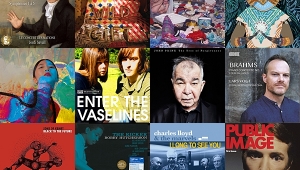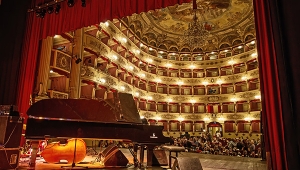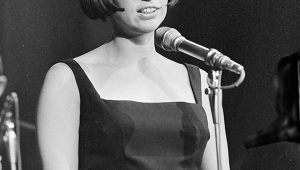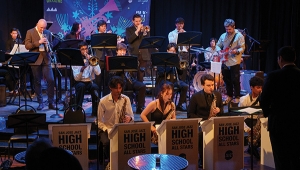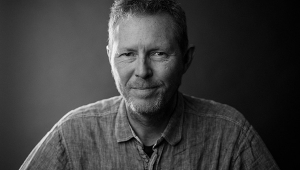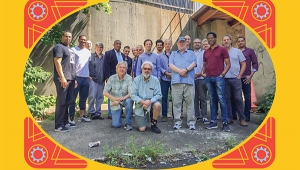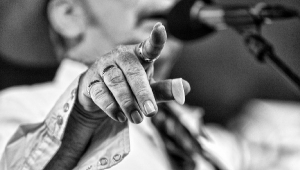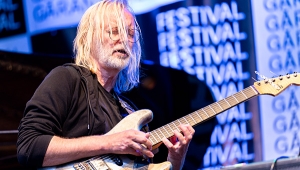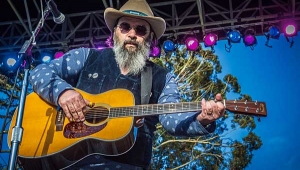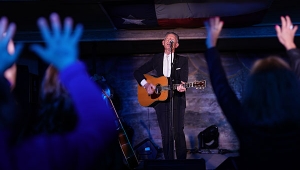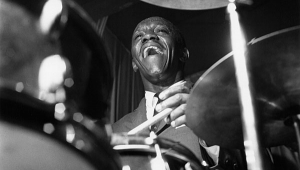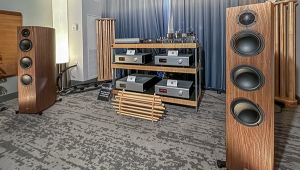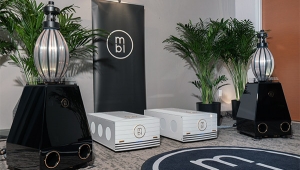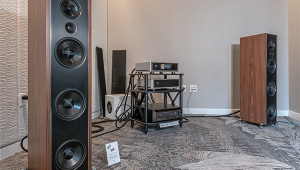| Columns Retired Columns & Blogs |
Building a Library: The Grateful Dead Page 3
Moments such as the spacejams of "Prelude" (Europe '72) or "Slipknot" (Blues for Allah, 1975) possess mysterious and unfathomable depths. Out of all of those voices, those multiple dialogs, come the elegiac simplicity and the ringing clarity of "Morning Dew" or a "Franklin's Tower (Roll Away the Dew)":
Footnote 7: After a conversation with Wendy Weir, 10/95.
In another time's forgotten space
your eyes looked from your mother's face...
God save the child who rings that bell,
It may have one good ring, baby you can't tell.
If you get confused listen to the music play,
Some come to laugh the past away,
Some come to make it just one more day.
Whichever way your pleasure tends
If you plant ice, you're gonna harvest wind.
Over and over again, the themes of generation, regeneration, the inimicability of lack of faith, play out both lyrically and melodically. When you approach those dark hours, the midnights of the soul (footnote 7), this music reminds you to laugh, to let go. We are all wildflower seed. Or, as in "Crazy Fingers" (from Blues for Allah):
Who can stop what must arrive now,
something new is waiting to be born...
Or, as in the Tao:
the world comes to you:
Comes, and isn't harmed,
Comes, and finds contentment (footnote 8).
Gone are the days we stopped to decide
where we should go, we just ride.
Gone are the broken eyes we saw through in dreams,
Gone, both dream and lie...
Perhaps in bemusement over being run by our desires, laughing at our confusion, we can remain brave and open, to have what Grateful Dead lyricist Robert Hunter calls "the ability to reconsider ideas." How often we find ourselves uttering absolutes, only to find we have to retract them years later. However, that which is universal, that which is true, tends to prevail. The strength of Hunter's lyrics, for instance, is that they "subsume the happenings of a certain time" (footnote 9). They exist as puzzles and enigmas, brain-twisters for the soul; they offer something different with each new dedication of attention or listening. It's the same with the music overall---the music lives, "moves well with time," for we are listening in on an ongoing dialog dealing with transgenerational human issues.
Footnote 7: After a conversation with Wendy Weir, 10/95.
Footnote 8: Lao Tzu, ibid.
Footnote 9: Conversation with Robert Hunter, 10/95.
- Log in or register to post comments
